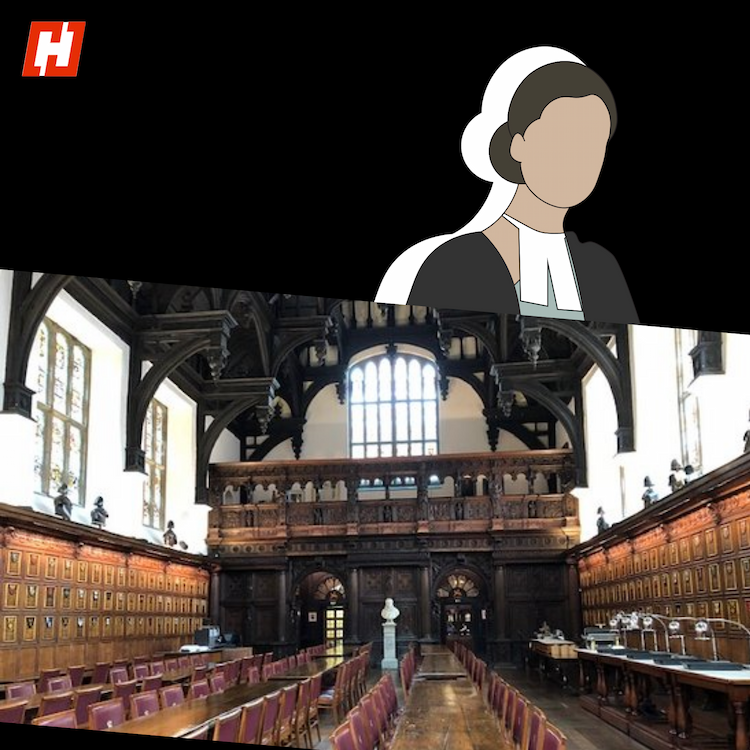Israeli intelligence agency Mossad has recovered over 2,500 documents that belonged to its most revered spy, Eli Cohen, from Syria. On the 60th anniversary of Cohen's public execution, Israeli Prime Minister Benjamin Netanyahu announced that Mossad, in a complex operation, brought back the Syrian archives - tightly held by Syrian security forces for decades - from Damascus to Israel.
Benjamin Netanyahu, Israeli Prime Minister said, "We conducted a special operation by the Mossad, by the State of Israel, to bring his (Eli Cohen's) archive, which had been in the safes of the Syrian intelligence for 60 years. We brought it to Israel. I thought you should know about it."
Among the documents recovered were Cohen's handwritten will, written hours before his execution, and personal letters to his family. Israel also retrieved Cohen's forged passport, keys to his Damascus apartment, and photographs of Cohen with Syrian military and government officials.
Though the recovery of Cohen's Syria archive has been described as a "significant achievement," Mossad is yet to find the location where Cohen was buried after he was hung for spying on Damascus.
Netanyahu reiterated that the intelligence agencies are putting all efforts to relocate Cohen’s remains. "We're working on that too. We're working on everything. Eli is an Israeli legend. He's the greatest agent Israeli intelligence has had in the years the state existed. There was no one like him." He added.
Israeli intelligence agencies have been looking for Cohen's remains for decades. They've launched several operations over the years, digging multiple graveyards in Syria - with no success.
So, what's taking Israel's premiere spy agency so long to figure this out?
Reports suggest only a handful of Syrian officials were aware of where Cohen's body was buried. Making things more difficult for Mossad, Syrian security officials are said to have shifted Cohen's remains from place to place and Syrian officials aware of the matter lost the track of Cohen’s body.
In July 2018, Israel recovered a watch that Cohen is said to have worn until his arrest. Israel didn't provide any details on how and when it was recovered.
With Bashar al-Assad gone, and the new Syrian regime under Ahmed al-Sharaa seeking to normalise ties with Israel, brining back Cohen's remains becomes top priority, once again.
So, who was Eli Cohen? A spy hero etched in Israel's history?
Cohen entered Syria in the 1960s, and infiltrated the highest echelons of Syrian power. Under the alias Kamel Amin Thaabet, he was able to pass on highly sensitive state secrets to Israel. After four years of espionage, Cohen's cover was blown, and he was publicly hanged at the Marjeh Square of Damascus in 1965.
While handing over the Cohen's archive's to his wife Nadia, Netanyahu called him a legend, whose actions helped shape the outcome of the Six-Day War in 1967. Intelligence shared by Cohen was said to be instrumental in Israel's victory against Syria, and the occupation of Golan Heights.





